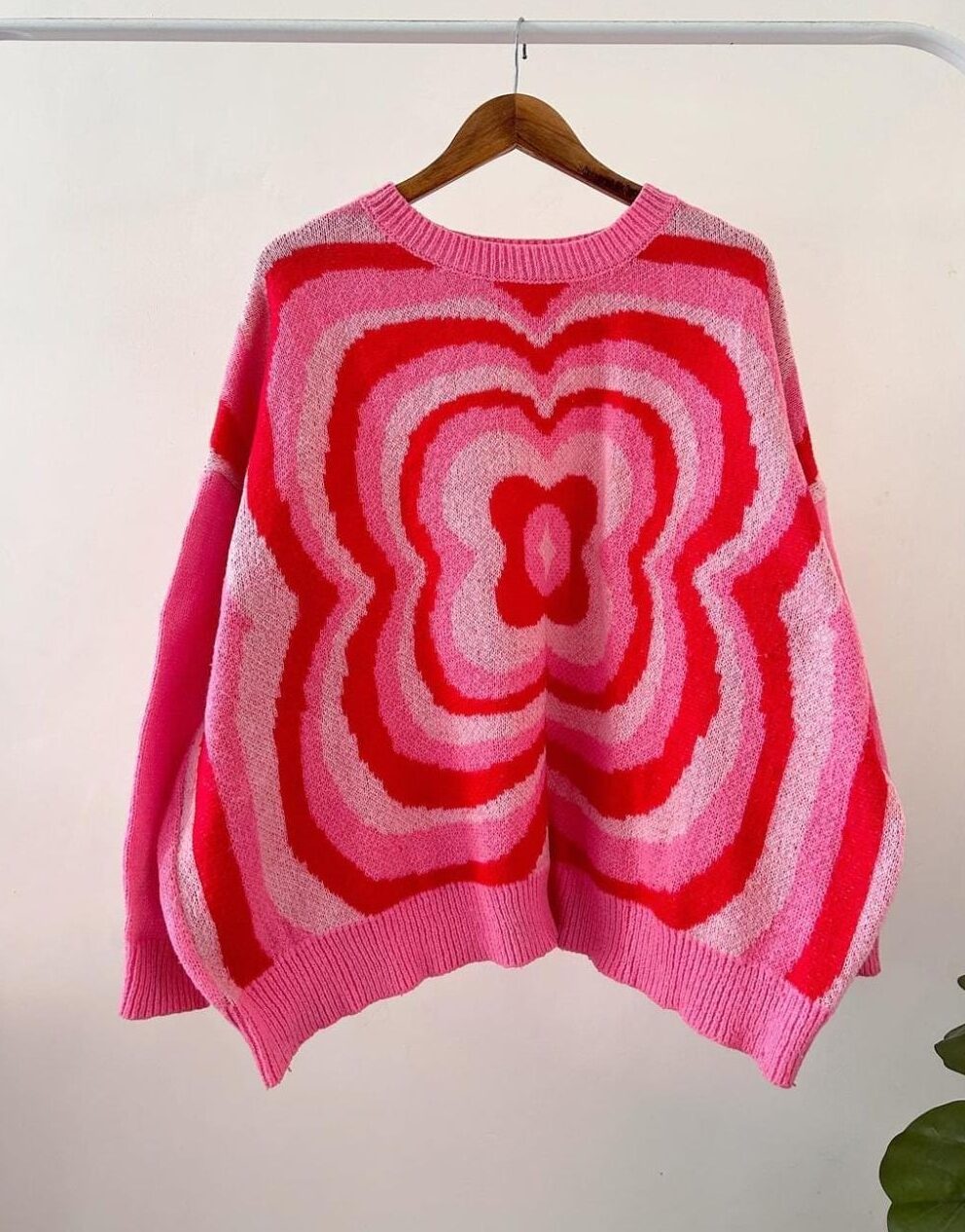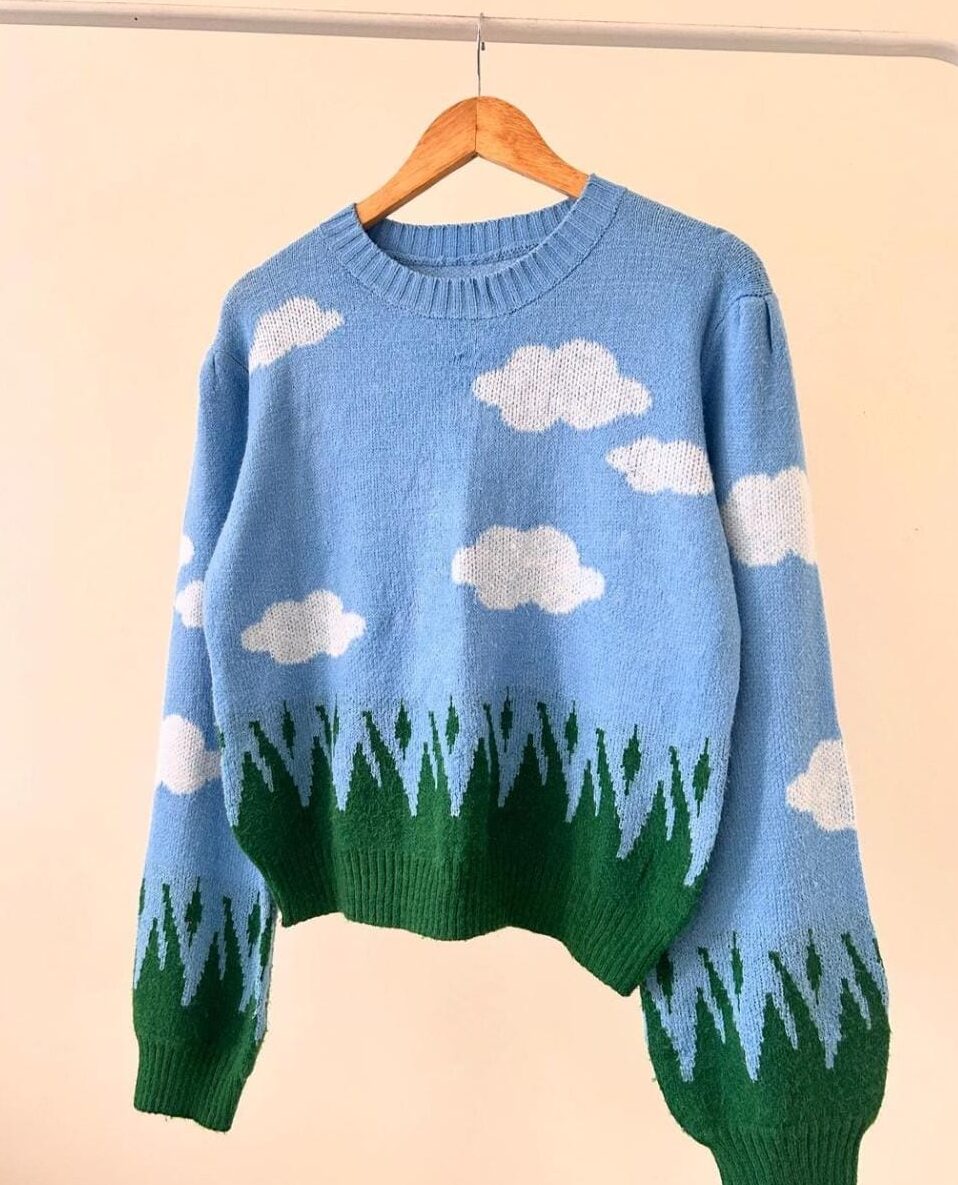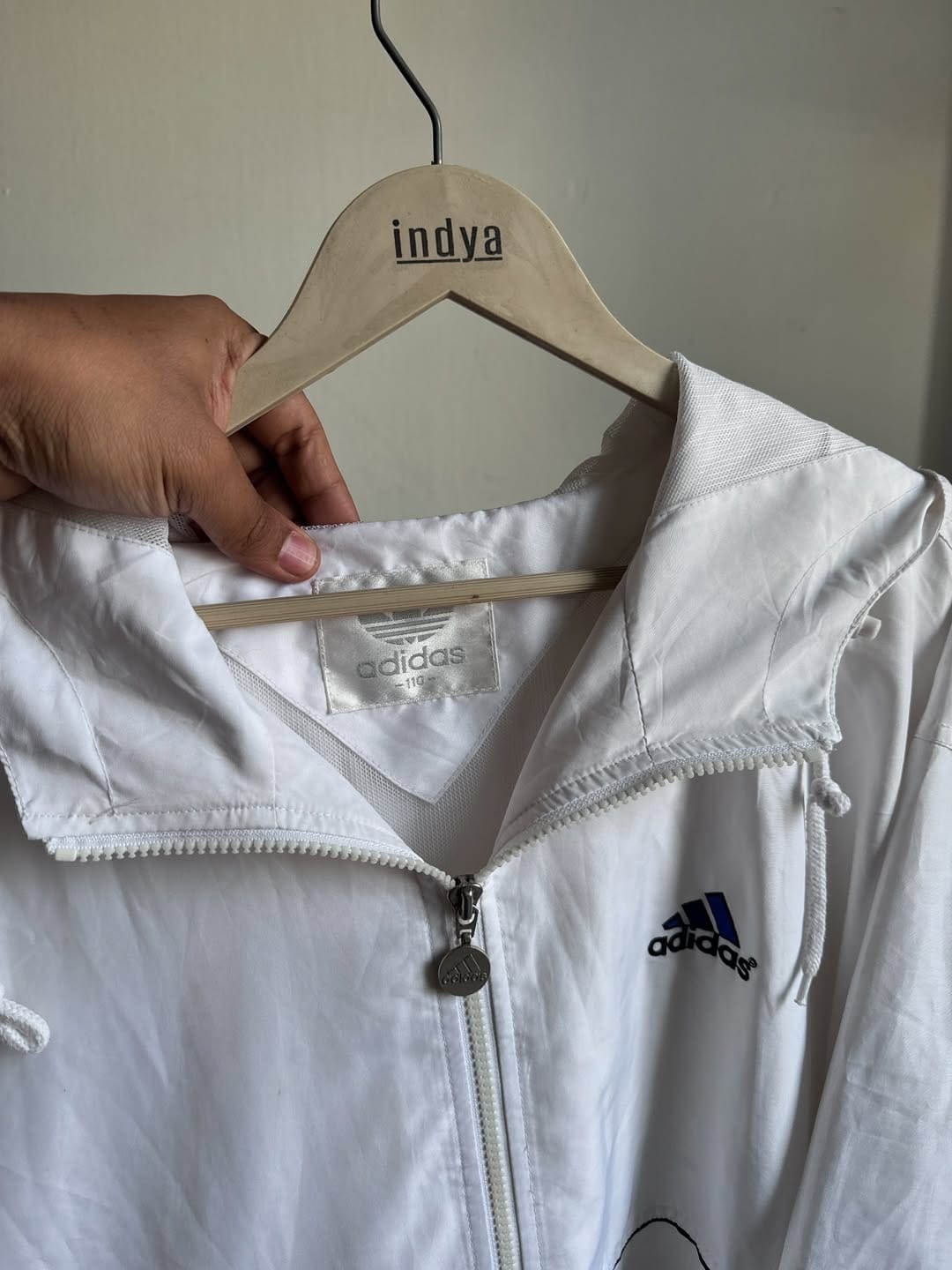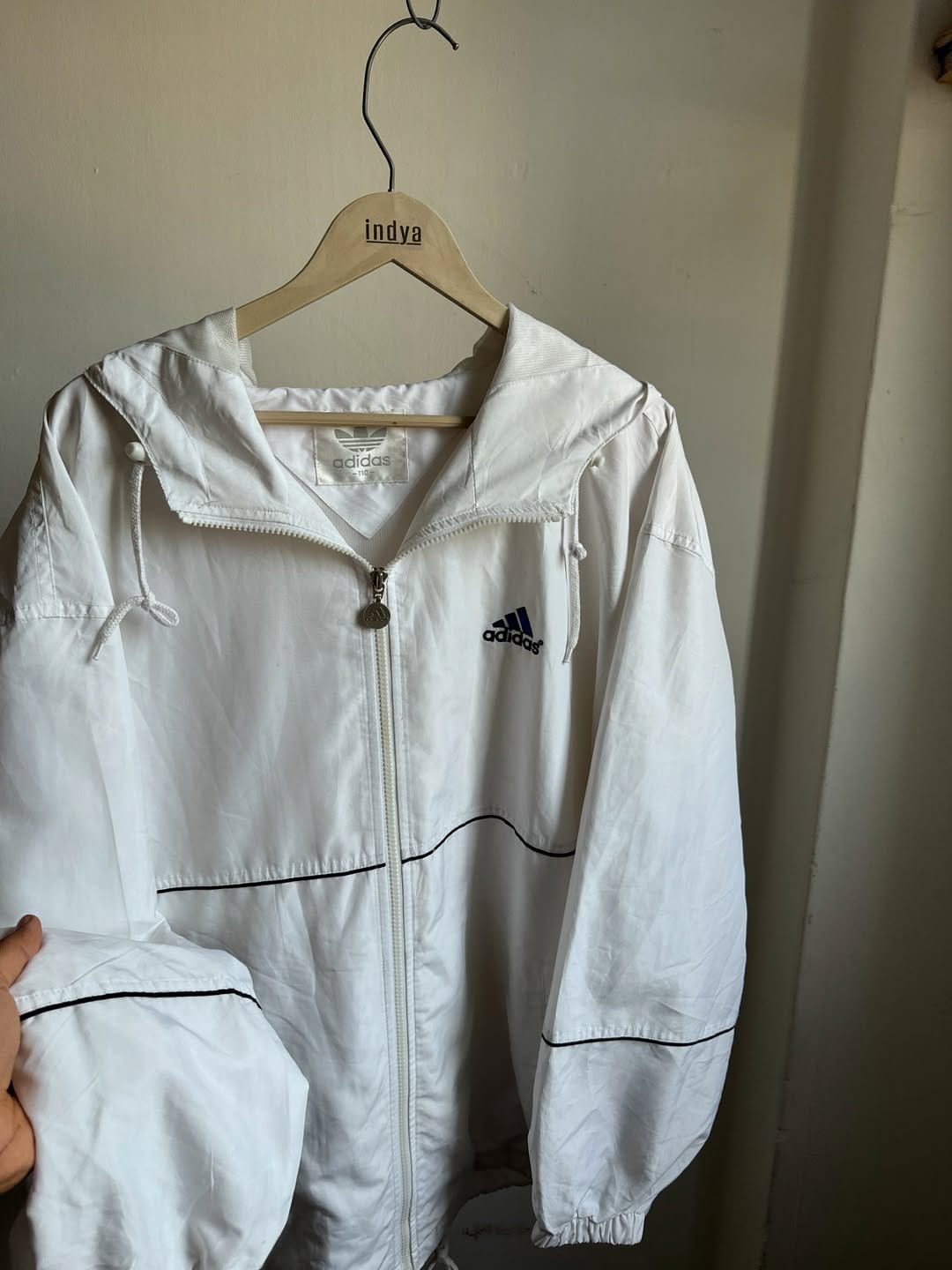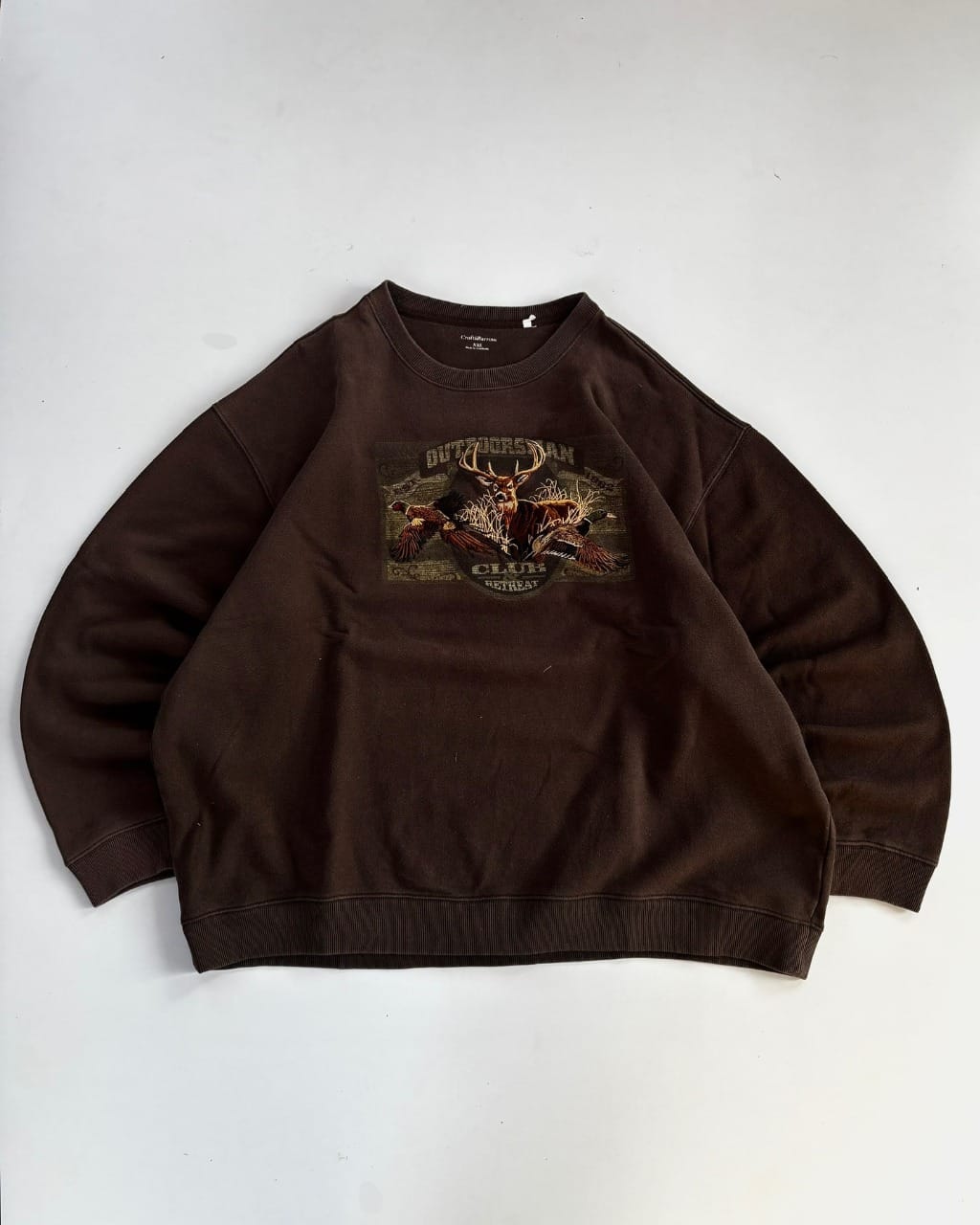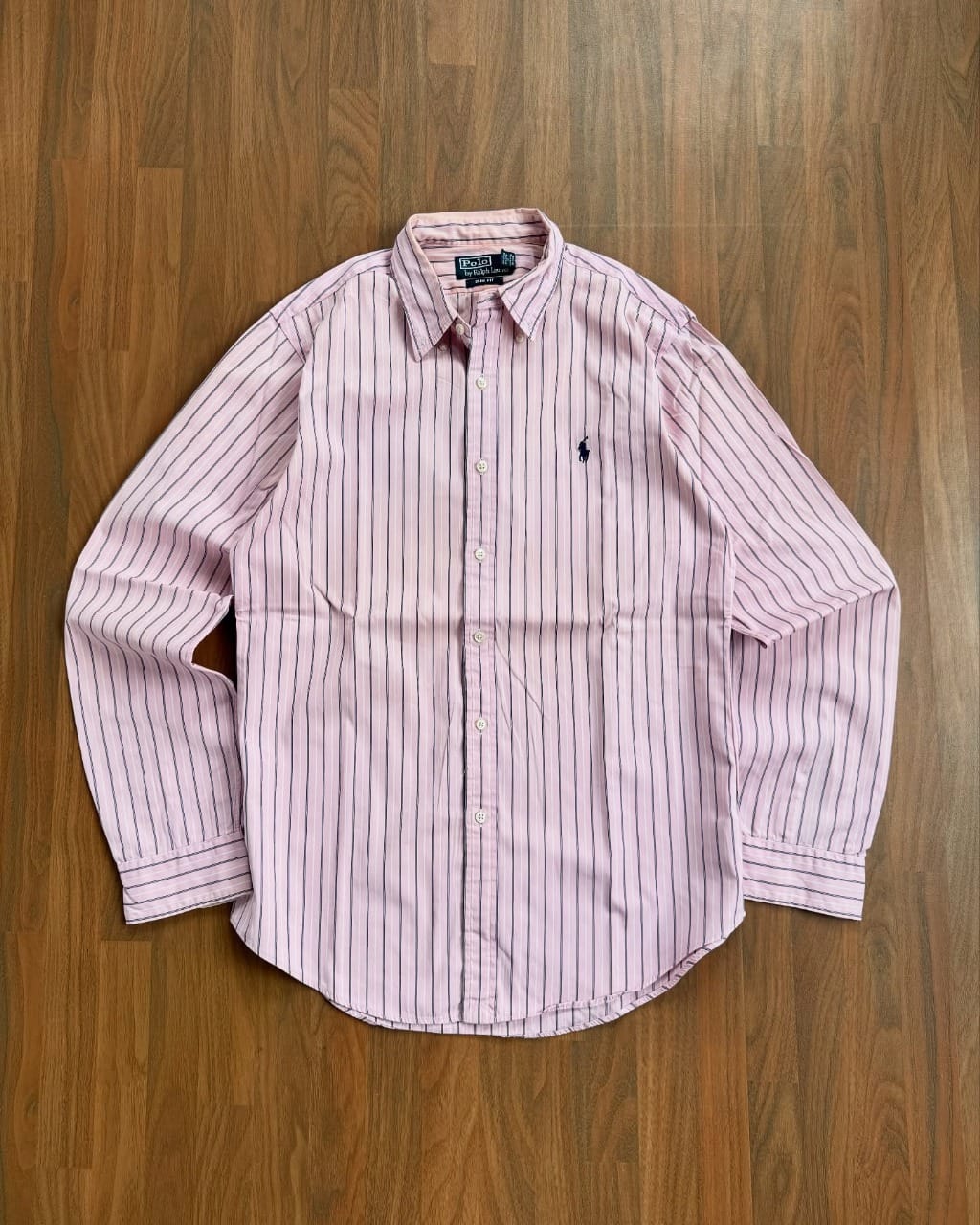FREE delivery & 20% Discount for next 3 orders! Place your 1st order in.
Shop NowAbout Us
FAD – Revolutionizing Thrifting & Sustainable Fashion in India

FAD: Transforming the Thrifting Landscape in India
FAD is more than just a marketplace—it’s a movement towards a sustainable and affordable fashion future. As India’s premier platform for curated thrifting and rental fashion, FAD bridges the gap between fast fashion trends and environmentally conscious shopping. Our mission is simple: to make high-quality, pre-loved, and rare vintage clothing accessible to fashion enthusiasts while reducing fashion waste.
What is Thrifting?
Thrifting refers to purchasing second-hand or pre-owned clothing, accessories, and fashion items. Unlike conventional shopping, thrifting promotes circular fashion—where items get a second life, reducing waste and overproduction. With global sustainability concerns rising, thrifting has evolved from a niche concept to a mainstream shopping alternative embraced by eco-conscious consumers worldwide.Beyond being an affordable alternative to traditional retail, thrifting allows individuals to discover unique and rare fashion pieces. Many thrifted items have historical and cultural significance, making thrifting an experience that goes beyond just shopping.
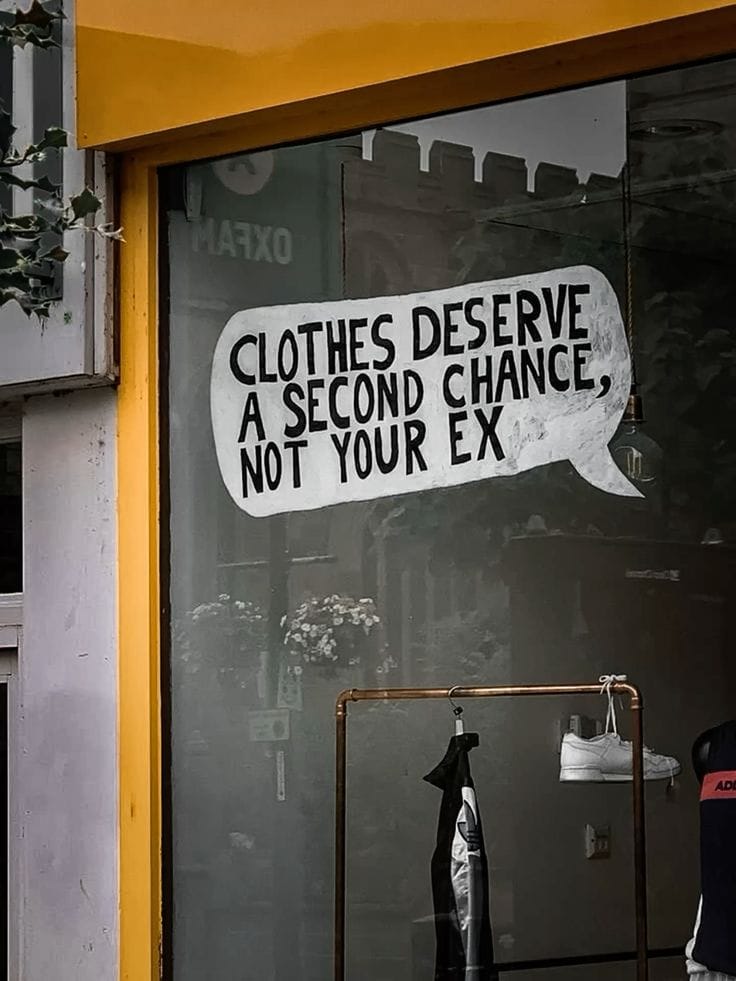
The Affordability and Sustainability of Thrifting
One of the biggest advantages of thrifting is affordability. Buying pre-owned clothing allows shoppers to access premium, branded, and vintage fashion at a fraction of the original price. But beyond savings, thrifting also plays a critical role in sustainability. Fast fashion is responsible for nearly 10% of global carbon emissions, and every thrifted garment reduces textile waste and minimizes water and energy consumption.
Key Benefits of Thrifting:
Affordability: Premium fashion at budget-friendly prices.
Waste Reduction: Prevents clothes from ending up in landfills.
Water & Energy Savings: The fashion industry is one of the largest consumers of water; thrifting reduces new production demand
Slow Fashion Movement: Encourages mindful consumption over impulse buying.
By choosing thrifted fashion, consumers contribute to a greener planet while maintaining their style quotient.
The Growing Thrifting Scene in India
India’s thrifting market is experiencing an unprecedented boom. With Gen Z and Millennials leading the sustainability movement, second-hand fashion is rapidly gaining traction. According to reports, the Indian second-hand fashion market is projected to grow by 16% annually, driven by increasing awareness of climate change and economic-conscious shopping habits.
With platforms like Instagram and other online thrift stores emerging, young Indians are embracing sustainable fashion trends. Resale fashion influencers and pop-up thrift events are also becoming popular, contributing to a thriving community of conscious consumers. The shift toward thrift shopping is not just a passing trend but a fundamental change in the way people view fashion.
Thrifting Worldwide: How the USA is Leading the Way
Thrifting is a well-established industry in countries like the USA, where the second-hand fashion market is already a multi-billion-dollar industry. Popular thrift stores, online resale platforms, and vintage boutiques have made thrifting a cultural norm. In the USA, over 82% of consumers have either purchased or are open to purchasing second-hand clothing.
The presence of global platforms like ThredUp, Depop, and Poshmark has fueled the growth of second-hand fashion in Western countries. Celebrities and influencers actively promote thrift shopping, normalizing the idea of wearing pre-loved clothing. India is now catching up, with a growing community of thrift lovers recognizing the value of sustainable shopping.
How FAD is Pioneering the Thrifting Movement in India
At FAD, we are redefining the thrifting experience by offering a curated selection of rare, vintage, and branded thrifted clothing, ensuring every piece is of premium quality. Here’s how we are making a difference:
Exclusive Marketplace for Thrifting & Rentals: We bring together vendors offering high-end thrifted clothing and rental fashion, making luxury and sustainability accessible to all.
Sustainable Shopping Redefined: Every purchase on FAD contributes to reducing fashion waste and promoting ethical consumerism.
Verified Vendors for Quality Assurance: Unlike unregulated resale platforms, FAD ensures all sellers are verified, providing customers with authentic and well-maintained pieces.
Affordable Fashion Without Compromise: From limited-edition sneakers to rare vintage jackets, we make high-end fashion attainable without hefty price tags.
Community-Driven Fashion: We are building an engaged community of thrift lovers, sustainable fashion advocates, and entrepreneurs looking to revolutionize the fashion industry.
The presence of global platforms like ThredUp, Depop, and Poshmark has fueled the growth of second-hand fashion in Western countries. Celebrities and influencers actively promote thrift shopping, normalizing the idea of wearing pre-loved clothing. India is now catching up, with a growing community of thrift lovers recognizing the value of sustainable shopping.
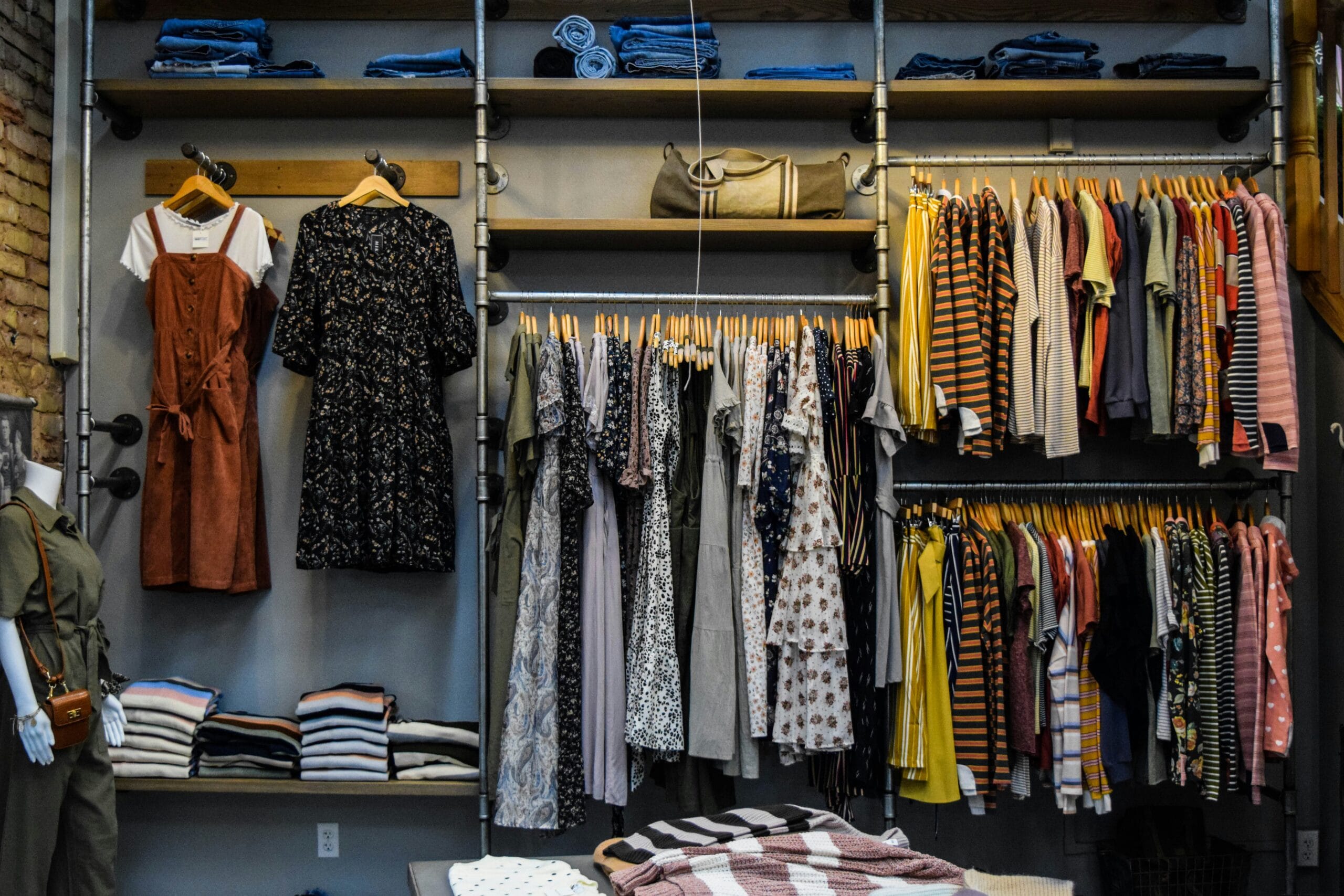
Ensuring Hygiene and Quality – How FAD Maintains Standards
A common concern with thrifting is hygiene, and at FAD, we prioritize cleanliness and quality. All items on our platform go through a rigorous cleaning and quality-checking process before being listed. Our standards include:
Professional Cleaning & Sanitization: Every piece undergoes a deep-cleaning process using eco-friendly and fabric-safe disinfectants.
Condition Verification: Our team ensures all products meet strict quality criteria, avoiding items with excessive wear and tear.
Vendor Accountability: Sellers are required to follow hygiene protocols to maintain the integrity of thrifted fashion.
Additionally, we educate both buyers and sellers on proper garment care, ensuring that thrifted fashion is as fresh and desirable as new clothing. With FAD, shoppers can enjoy sustainable fashion with complete confidence in hygiene and product quality.
The Impact of Thrifting – A Look at the Numbers
The shift toward second-hand fashion is not just a trend—it’s a necessity. Here are some compelling statistics highlighting the importance of thrifting:
Over 92 million tons of textile waste is generated globally each year. Thrifting helps reduce this massive burden.
A single thrifted outfit saves an average of 2,700 liters of water, which is equivalent to what one person drinks in 2.5 years.
The second-hand fashion industry is expected to be twice the size of fast fashion by 2030.
India’s pre-owned clothing market is expected to reach $10 billion by 2027.
From the Founders’ Desk
FAD was born from a passion for fashion and a commitment to sustainability. We saw an opportunity to create a platform that not only makes fashion affordable but also helps reduce the environmental impact of fast fashion. We realized that despite the growing interest in thrift shopping, the market lacked structure and credibility. This inspired us to create a marketplace that connects buyers and sellers in a trustworthy, transparent, and fashion-forward way.
Meet the Founders
Paawan Matani & Lucky Lalwani – Co-Founders of FAD. Together, they envisioned a platform that would structure the Indian thrifting scene and bring sustainable fashion to the mainstream. Their journey is driven by the belief that fashion should be both stylish and responsible. FAD is just the beginning of a larger movement toward a more conscious and affordable fashion ecosystem.
Ethical Fashion, Smart Shopping, and the Future of FAD
At FAD, we believe in empowering consumers to make smarter fashion choices. Whether you're a budget-conscious shopper, a vintage lover, or someone who values ethical consumption, our platform is designed to cater to your needs. As we continue to grow, we aim to:
Expand our vendor network and onboard more exclusive thrift collections.
Introduce AI-powered recommendations for a personalized shopping experience.
Launch community programs to educate consumers on sustainable fashion.
Partner with brands and influencers to promote responsible fashion choices.
